Need to test for Legionella? Call Acorn Environment Services Ltd
Get started
Need a bed bug exterminator? Get a free quote"*" indicates required fields
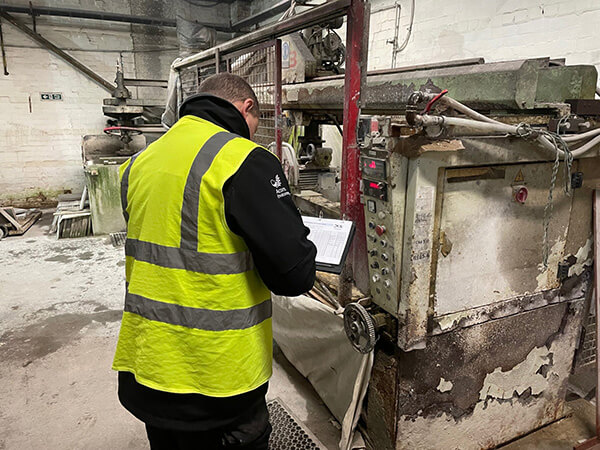

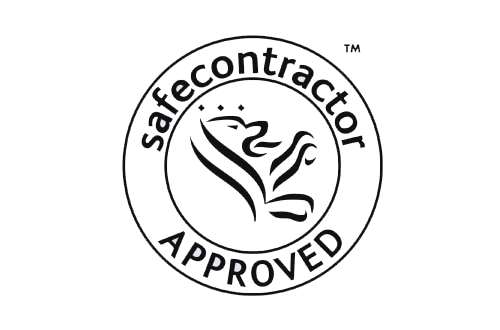
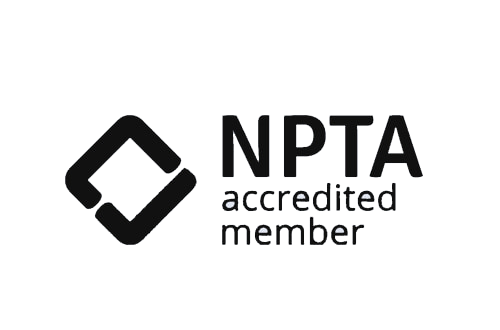
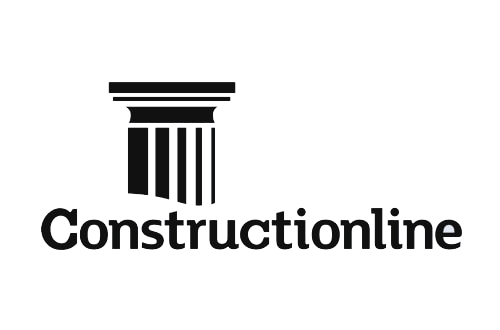
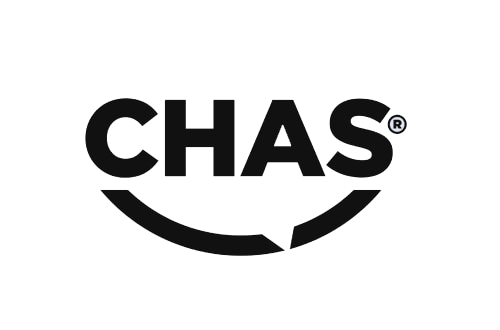
Legionella bacteria is a harmful pathogen that can cause severe respiratory infections and potentially life-threatening illnesses like Legionnaires’ disease. This bacteria is commonly found in water systems, and its growth can be prevented by regular testing and maintenance. In this article, we will answer some of the most common questions related to Legionella testing, including when to test for Legionella, how often to test water systems, and how to identify Legionella sampling points.
When Should You Test for Legionella?
There are several situations in which Legionella testing is recommended or even mandatory. For instance, if you are the owner or operator of a building with hot and cold water systems, you have a legal obligation to assess and manage the risk of Legionella growth. This requirement is set out in the Health and Safety Executive’s (HSE) Approved Code of Practice (ACoP) L8 and HSG 274 Part 2 guidelines. The guidelines state that you should conduct a risk assessment of your water systems to identify any potential sources of Legionella bacteria and take steps to prevent or control their growth.
In addition to legal obligations, there are other scenarios in which Legionella testing is highly recommended. For example, if you are planning to open a new building or a new water system, it is a good idea to test for Legionella before occupants move in. Similarly, if your water system has been out of use for an extended period, such as during a shutdown or lockdown, it is advisable to test for Legionella before restarting the system. This will help you ensure that the water is safe for use and prevent any potential health risks to occupants.
How Often Should You Test Your Water Systems for Legionella?
The frequency of Legionella testing will depend on various factors, including the type of water system, the number of occupants, and the level of risk identified during the Legionella risk assessment. According to HSG 274 Part 2 guidelines, high-risk water systems, such as those with cooling towers or spa pools, should be tested at least quarterly. Medium-risk systems, such as domestic hot and cold water systems, should be tested at least biannually. Low-risk systems, such as those with no spray, should be tested annually.
It is worth noting that Legionella testing is not a one-off task. Instead, it should be part of an ongoing monitoring and maintenance program that includes regular checks of water temperature, cleaning and disinfection, and other control measures. By regularly testing and monitoring your water systems, you can ensure that any potential sources of Legionella bacteria are identified and managed promptly.
How to Identify Legionella Sampling Points?
Identifying Legionella sampling points is a crucial step in the Legionella testing process. Sampling points are locations in the system where water samples can be taken for analysis. Some common sampling points include showerheads, taps, and hot water storage tanks. It is essential to choose the right sampling points to ensure that the results are representative of the water system as a whole.
When identifying Legionella sampling points, it is crucial to consider the risk of Legionella growth in different parts of the water system. High-risk areas, such as cooling towers or spa pools, should be sampled more frequently than low-risk areas, such as domestic hot and cold water systems. The sampling frequency should also be adjusted based on the results of previous tests and any changes to the water system.
So, is it important to test for legionella?
Yes! Legionella bacteria can cause severe respiratory infections and potentially life-threatening illnesses like Legionnaires’ disease. Regular testing and maintenance of water systems can prevent the growth of Legionella bacteria. It is essential to identify Legionella sampling points and conduct ongoing monitoring and maintenance, including regular checks of water temperature, cleaning and disinfection, and other control measures. Acorn Environment Services offer pre-planned visit management by experienced engineers who can complete all checks and evaluations that comply with legal requirements. Get in touch today to book your Legionella testing appointment.
Do you need legionella water testing? Let’s get it sorted
Request a legionella water test by filling out the form and a member of the Acorn team will be in touch right away.
"*" indicates required fields
